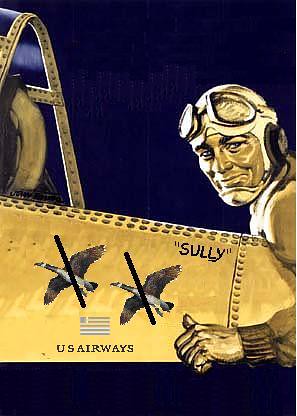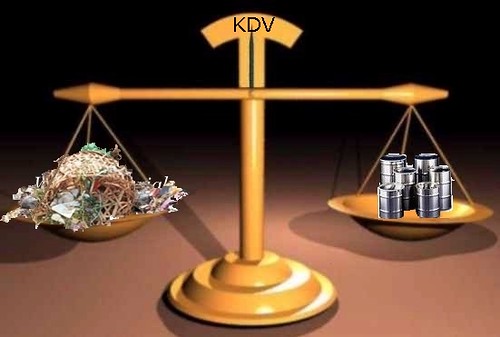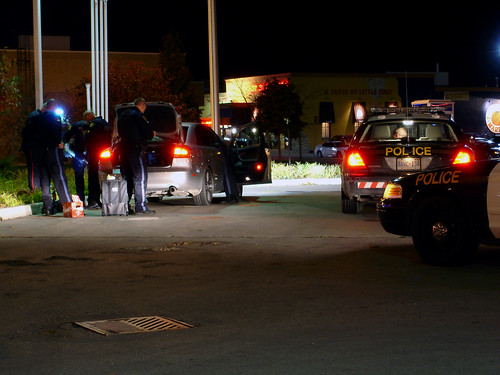Event Alert: Embassy of Switzerland Invites You To A Bike-To-Work Week Forum & Reception


EMBASSY OF SWITZERLAND INVITES YOU TO A BIKE-TO-WORK WEEK FORUM & RECEPTION
Building a Bicycle-Friendly World
As a completely emission-free form of transportation, bicycling is one of the simplest ways to reduce our carbon footprint and make our communities more livable. Yet, to make bicycling feasible requires specific infrastructure, financing, and a commitment of political and public will. Please join Swiss and American experts from government and the private sector to discuss strategies for making our cities and nations more bicycle friendly. Panel presentation will be followed by audience Q & A and discussion:
When:
Wednesday, May 13, 2009,
4:30 p.m. (Doors Open/Bicycling Exhibit)
5:00- 6:30 p.m.(Expert Panel & Discussion)
Reception to follow at Ambassador’s residence
Who:
Elmar Ledergerber-Mayor of Zurich, Switzerland
Consistently voted “Word’s Most Liveable City,” Zurich has a proactive bicycle plan overseen by Ledergerber, its “Bicycling Mayor.”
Tommy Wells-Councilmember, Washington, D.C.
A long-time advocate of green transportation, Mr. Wells sits on D.C.’s committees on Public Works & Transportation and Government Operations & The Environment
Michelle Kranz-Manager, Media Relations, Switzerland Tourism
Switzerland Tourism is a partner in Switzerland’s national network of bicycle trails, created by a unique public-private cooperation.
Thomas Gotshi, Ph.D.-Director of Research, Rails-To-Trails Conservancy
Dr. Gotschi authored the report “Active Transportation for America,” which quantifies the nationwide benefits from walking and bicycling.
Michael Jackson, (Moderator)-Director, Bicycle/ Pedestrian Access Committee
Office of Planning and Capital Programming, MDOT
Congressman Earl Blumenauer-(D, OR)
Congressman Blumenauer was instrumental in forming the Congressional Task Force on Livable Communities and the bipartisan Bicycle Caucus.
Where:
Embassy of Switzerland
2900 Cathedral Avenue, N.W.
Washington, D.C. 20008
The forum is free and open to the public; reservations required at was.events@eda.admin.ch.
Ride Your Bike and Receive a Special Gift!
For more information, please visit the Embassy of Switzerland’s website.
|
Join Switzerland at the Bike-to-Work Day celebration on Freedom Plaza at 9 a.m. Bicycle Racks by Swiss-American Artist Annina Luck |
These events are produced by the Embassy of Switzerland in Washington, D.C. as part of the U.S.-wide program ThinkSwiss-Brainstorm the Future. As a leading country in science, research and technology, Switzerland is working with its American counterparts to address key global topics like public transportation, to better understand trends and arrive at solutions.
The ThinkSwiss program is produced under the auspices of the Swiss Confederation.
For further information, visit the website www.thinkswiss.org or contact:
Suzanne Zweizig
Communications Manager
Embassy of Switzerland
2900 Cathedral Ave. NW, Washington, D.C. 20008
Tel +1 (202) 745-7920













